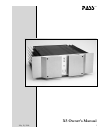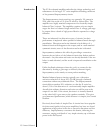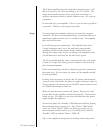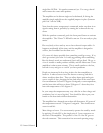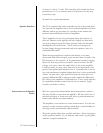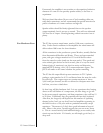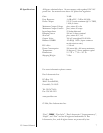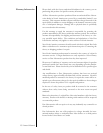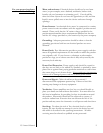
9
X5 Owner’s Manual
For your protection please
read the following:
Water and moisture: Electrical devices should not be used near
water ( as per example, near a bathtub, washbasin, kitchen sink,
laundry tub, wet basement or swimming pool ). Care should be
taken such that objects do not have the opportunity to fall, and that
liquid is never spilled onto or into the device enclosure through
openings.
Power Sources: An electrical device must be connected to a mains
power source in strict accordance with the supplied product owner’s
manual. Please verify that the AC mains voltage specified in the
product manual matches those requirements indicated on the unit
and the AC voltage provided to your location by the power company.
Grounding: Adequate precautions should be taken so that the
grounding provisions built into an electrical product are never
defeated.
Power Cords: Pass Laboratories provides a power supply cord that
meets all legislated requirements for the market in which the product
was originally sold. If you choose to substitute an after-market
product we urge you to choose one that is fully safety rated by the
necessary local authority.
Power Cord Protection: Power supply cords should be routed so
that they are not likely to be walked on, abraded, or pinched by items
placed on or against them, paying particular attention to cords where
they enter plugs or exit from a device. Never under any circumstance
insert a cut or damaged power cord into a mains power socket.
Power and Signal: Cables should never be connected /
disconnected with equipment powered up. Failure to heed this
warning may damage or destroy equipment.
Ventilation: Power-amplifiers run hot, but you should be able to
place your hands on them without discomfort. You must allow for
this heat in installation, by providing for free air circulation around
the product. Electronics should not be subjected to sources of
excessive radiant heat. Excessive heat can shorten the life of the
product and may cause the electronics to self-protect and shut down.
Servicing: To reduce the risk of fire, electrical shock or other
injuries, the user should not attempt to service the device beyond
that which is described in the operating instructions. All other
servicing must be referred to qualified service personnel.



